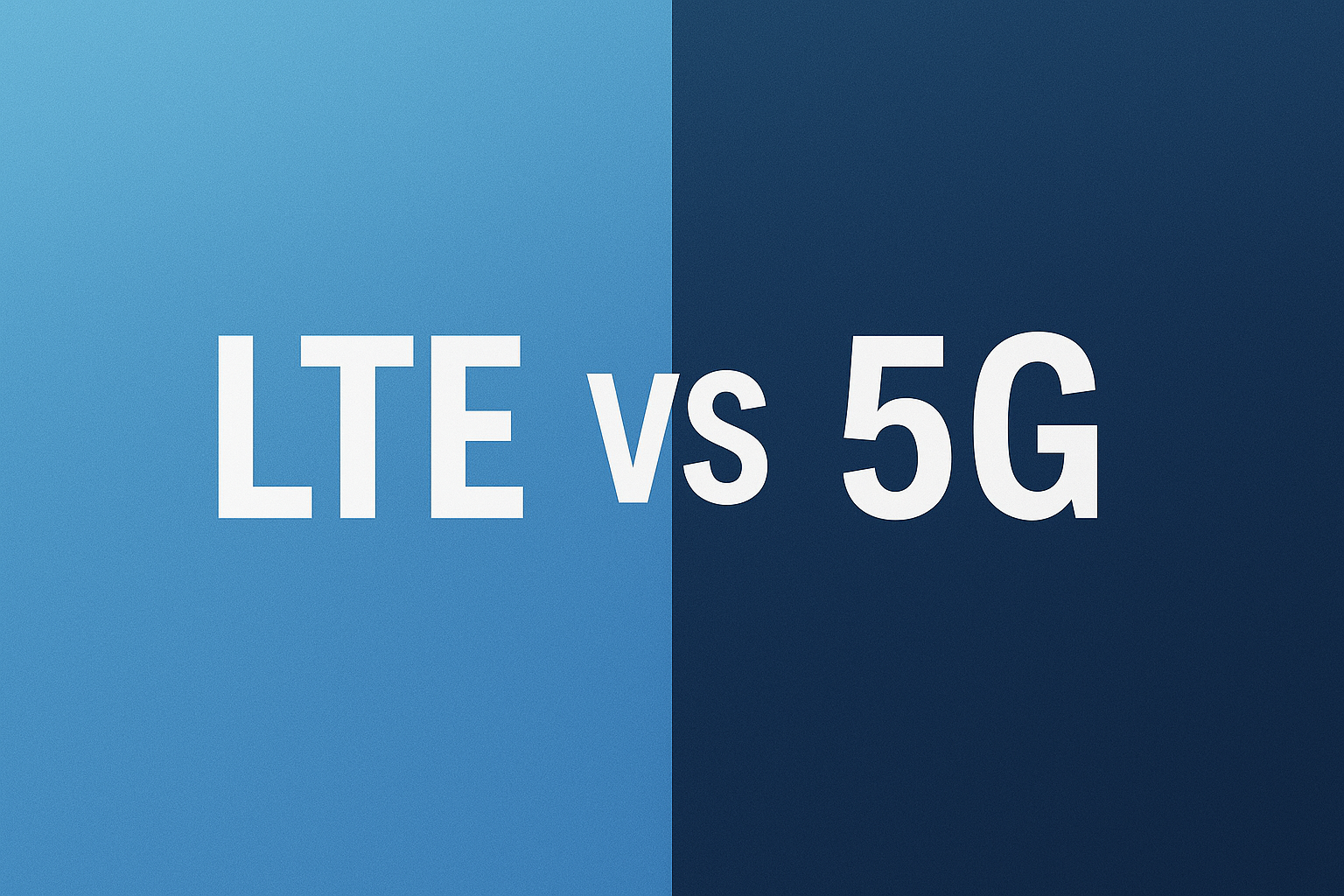- Blog
- LTE vs 5G: Understanding the Evolution of Telecom | CommSearch
LTE vs 5G: Understanding the Evolution of Telecom | CommSearch
LTE vs. 5G: What's the Real Difference and Why Should You Care?
Try at https://commsearch.info/

In today's hyper-connected world, understanding the nuances of mobile network technology is more important than ever. You've probably heard terms like "LTE" and "5G" thrown around, but what do they actually mean? Are they just marketing buzzwords, or do they represent a real leap in telecommunication technology?
This article will break down the key differences between LTE and 5G, explaining how each impacts your mobile experience and what the future holds for wireless connectivity. We'll explore speed, latency, capacity, and the real-world implications of these technologies. Think of it as your guide to navigating the evolving landscape of mobile networks, simplified and explained.
Understanding the Foundations: LTE and 5G
To truly understand the lte vs 5g debate, let's define the terms and see how the telecom industry defines them.
- LTE (Long Term Evolution): Is a 4G technology standard that improved upon 3G networks. Think of it as the "advanced" version of 4G. Taoglas.com highlights LTE's role in enabling smooth video streaming and data-heavy applications.
- 5G (Fifth Generation): The latest generation of wireless telecommunication technology, designed to significantly outperform 4G LTE.
The Technical Divide: 3GPP and the Evolution of Standards
Both LTE and 5G are defined and standardized by the 3GPP (3rd Generation Partnership Project). This body sets the technical specifications for mobile telecommunications. Each new technology gets defined by the standards! Taoglas.com mentions 3GPP's specifications.
LTE vs. 5G: Key Differences Unveiled
The shift from LTE to 5G represents a significant technological leap, with real-world implications for speed, latency, and network capacity.
1. Speed: The Need for Speed
- LTE: Offers download speeds typically ranging from 5 to 12 Mbps, although theoretical peaks can reach up to 100 Mbps. Verizon references its 4G LTE network allowed downloads up to 10 times faster than 3G.
- 5G: Boasts significantly higher speeds, with potential download speeds exceeding 1 Gbps, and even reaching up to 20 Gbps.Verizon boasts speeds up to 300Mbps on some of its 5G plans.
2. Latency: The Responsiveness Factor
- LTE: Latency typically ranges from 30 to 70 milliseconds.
- 5G: Significantly reduces latency, potentially reaching as low as 1 millisecond under optimal conditions. That neear-instant responsiveness is a key factor for autonomus vehicles, or remote surgery!
3. Capacity: Handling the Connected World
- LTE: Can handle a reasonable number of connected devices.
- 5G: Built to support a vastly higher number of connected devices per square kilometer.
Other Key Distinctions That Really Matter
Here's what those basic differences actually mean for telecommunication users.
- Spectrum Usage: 5G utilizes wider channels and can tap into new, higher frequency bands (like millimeter wave) to achieve faster speeds.
- Network Architecture: 5G employs more advanced network technologies like network slicing and beamforming for greater efficiency and flexibility.
- Scalability and Flexibility: 5G is inherently designed to be more scalable and adaptable to future technological advancements.
Real-World Impact: How the Differences Play Out
The differing capabilities of LTE and 5G translate to tangible differences in how we experience mobile technology.
Use-Case Specific Improvements
- Streaming: Verizon mentions their 5G Ultra Wideband network with a low latency, high-speed mobile network promises improved experiences for end users.
- Gaming: Lag time is highly important when it comes to gaming. Less lag is better, meaning more fun.
- IoT (Internet of Things): 5G is poised to unlock the full potential of IoT by enabling seamless connectivity for billions of devices. Check this out- according to Inseego, 5G can support a broad variety of verticals for "enhancing current operations and enabling new opportunities."
The 5G Advantage: Transforming Industries
5G's ultra-low latency and massive capacity are not just about faster downloads; they're about enabling entirely new applications across various industries.
Examples of Industries Revolutionized
- Automotive: 5G's fast and reliable connections will create increased navigation and real-time traffic updates, as well as improve those self-driving capabilities, according to Inseego.
- Healthcare: Enables remote surgeries through augmented reality.
- Manufacturing: Enables greater precision, more automation, and faster communication between machines in the manufacturing process.
Is It Time To Upgrade or Is 4G Still Good?
So, with all these advancements, is an upgrade needed today?
Questions To Ask When Choosing
- Availability and Coverage: 5G is continuing to expand, however, is not universal yet.
- Device Compatibility: Do your existing devices support 5G?
- Cost Considerations: 5G plans and devices may come at a premium.
- Typical Data Usage Patterns: What are your needs for speed and latency. What plans and what data usage makes sense for you?
Improving Your Current Signal Strength
Regardless of whether you're on LTE or 5G, optimizing your signal can dramatically improve your experience. There are many ways to improve signal strengths to receive the best service possible.
- Reposition your device somewhere else in the location.
- Update your device with the latest software.
- Make use of Wifi whenever available.
The CommSearch Perspective on the Future of Telecom
As the telecom industry continues its rapid evolution, staying informed about these technological advancements is crucial for making strategic choices.
At CommSearch, we're dedicated to providing AI web and standard search solutions tailored for the telecommunications sector. We understand the critical role of data and insights in navigating this complex landscape. This is why we use the latest AI technology to help industry professionals like you.
For comprehensive insights, industry news, and solutions that leverage AI for the telecommunications world, visit us at https://commsearch.info today.
